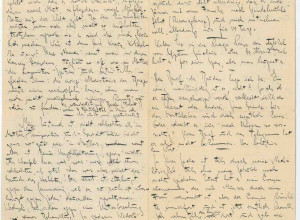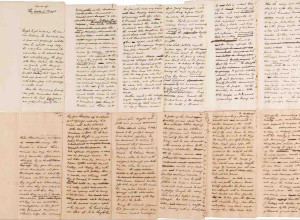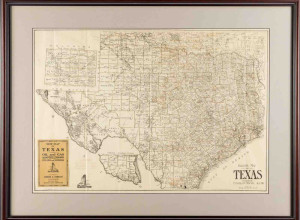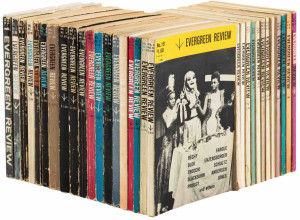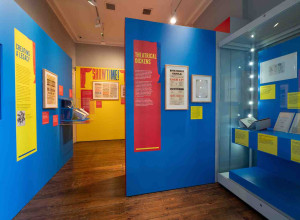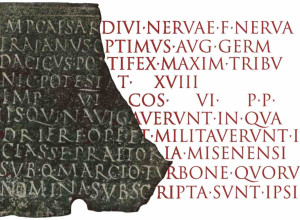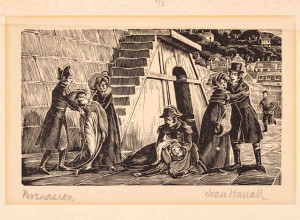New AI Tool Could Help Reconstruct Missing Ancient Inscriptions
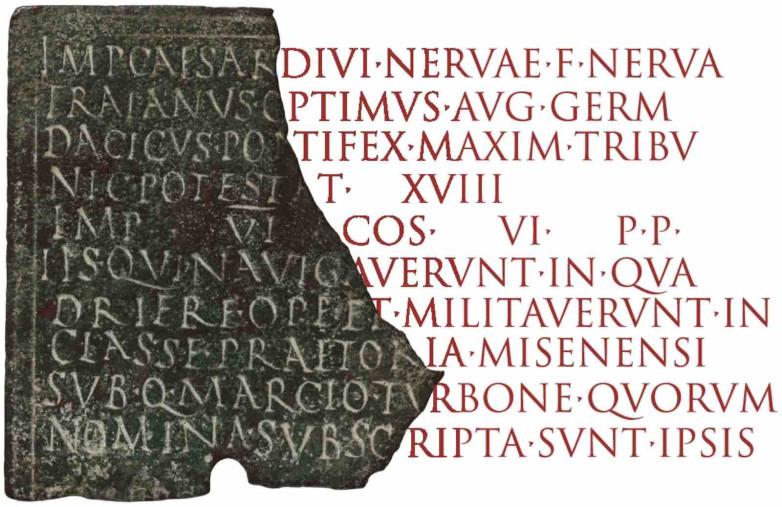
Reconstructed fragment of a bronze military diploma from Sardinia, issued by the emperor Trajan to a sailor on a warship. 113/14 CE
A group of researchers led by researchers from Google DeepMind and the University of Nottingham has launched an AI model that can contextualise ancient inscriptions.
The research, published in the journal Nature, explains how the AI model called Aeneas could greatly reduce the workload of researchers and draw connections from a wide range of historical evidence.
Professor Dame Mary Beard, Professor of Classics at the University of Cambridge, added: "Aeneas is a really exciting and expert 'test run' for the use of AI in the study of Roman inscriptions. Breakthroughs in this very difficult field have tended to rely on the memory, the subjective judgement and the hunch or guesswork of individual scholars, supported by traditional, encyclopaedic databases. Aeneas opens up entirely new horizons, and it is here tested by some of the leading scholars in the field. It promises to be transformative.”
When working with ancient inscriptions, historians traditionally rely on their expertise and specialised resources to identify ‘parallels’, texts that share similarities in wording, standardised formulas or provenance. Aeneas accelerates this complex and time-consuming work using thousands of Latin inscriptions, retrieving textual and contextual parallels in seconds that allow historians to interpret and build upon the model’s findings. It can also help to determine a text's geographical provenance by analyzing both text and visual information.
The model can also be adapted to other ancient languages, scripts and media, from papyri to coinage, expanding its capabilities to help draw connections across a wider range of historical evidence.
"Much like finding connections between jigsaw pieces, Aeneas quickly identifies shared names, phrases, and formulas across thousands of Latin inscriptions, enabling us to reconstruct lost information and gain a more complete understanding of ancient history,” said Dr Thea Sommerschield, Leverhulme Fellow, Department of Classics and Archaeology at the University of Nottingham.
Google DeepMind co-developed Aeneas with the University of Nottingham, and in partnership with researchers at the Universities of Warwick, Oxford and Athens University of Economics and Business (AUEB).





